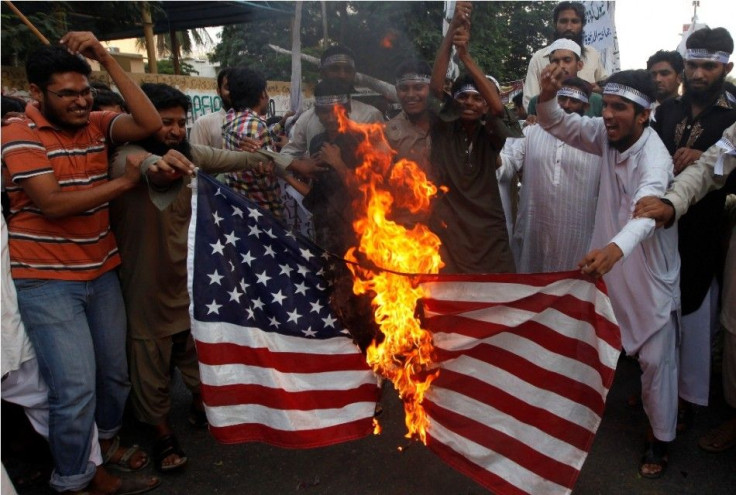WikiLeaks Releases Secret CIA Report Which Suggests Drone Strikes May Be ‘Counterproductive’

WikiLeaks leaked a secret CIA report on its "Best Practices in Counterinsurgency" on Thursday, Dec. 18. The report claims that drone strikes may turn out to be counterproductive and strengthen the solidarity of extremist groups.
The 2009 document talks about making "High-Value Targeting Operations" as an effective counterinsurgency tool. The report mentions the negative impact of HVT operations that include increasing the level of insurgent support, causing a government to neglect other aspects of its counterinsurgency strategy. Such operations may also alter insurgent strategy or organisation in ways that favour the insurgents. It may strengthen an armed group's bond with the population, radicalising an insurgent group's remaining leaders. As a result, the operations may create a vacuum into which more radical groups can enter and escalate or deescalate a conflict in ways that favour the insurgents.
9News reports that Australia and the United States have worked together to perform drone strikes as a major component of their mission against extremist groups in South Asia and the Middle East. The leaked CIA report notes that The Taliban is capable of replacing its lost leaders with "effective succession planning." However, the report also points out that al-Qaeda leader Osama bin Laden's leadership was heavily impacted when he tried avoiding detection before his death in 2011. The report also says that Osama's use of technology was minimised when he had to hide himself. It "affected his ability to command" al-Qaeda, the report says. Russia Today reports that the online release of the secret report comes at a time when the Pentagon announced that U.S. airstrikes had killed senior Islamic State leaders in Iraq.
The report talks about identifying "Desired Outcome." It says that governments tend to be most successful when they are clear about the desired impact on the insurgent group's trajectory as HVT operations can have unforeseen effects. According to the report, HVT operations may escalate the level of violence in a conflict by eroding the "rules of the game" between the government and insurgents. This may or may not be in a government's interest. The findings of the report also suggest that capturing extremist leaders may have a limited psychological impact on a group if members believe that captured leaders will eventually return to the group.
The entire report is available for download HERE.
Contact the writer: s.mukhopadhyay@ibtimes.com.au





















